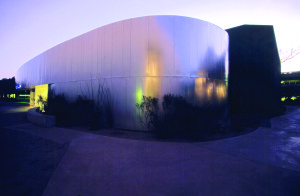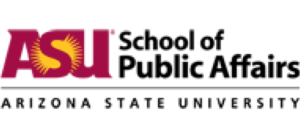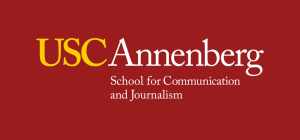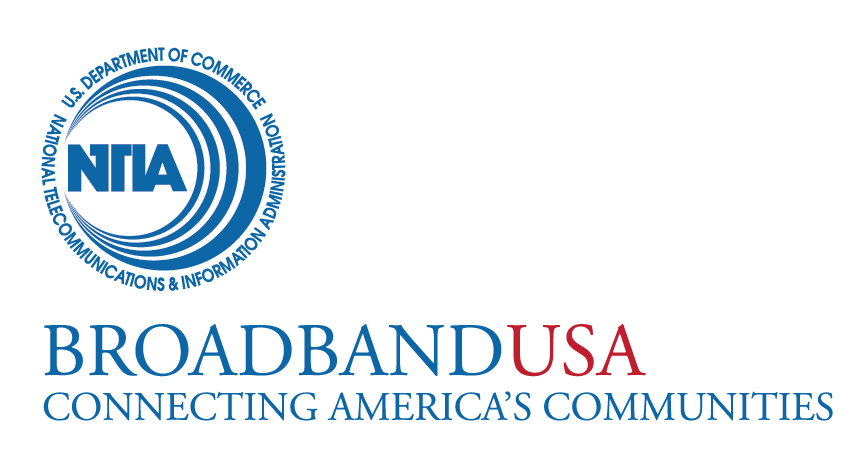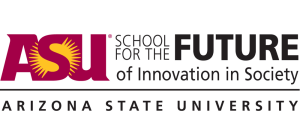PPDD 2015 Home Call for Participation Hotels, Venue, and Post-Conference Activities Registration Program Sponsors
PPDD 2015 Conference


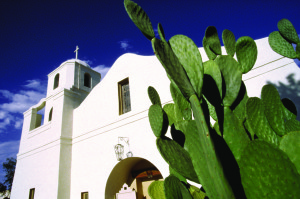
Partnership for Progress on the Digital Divide
2015 International Conference
Creating Connections, Building Bridges: Advancing the
Digital Divide Research, Policy, and Practice Agenda
21-22 October 2015
Arizona State University SkySong
Scottsdale (Phoenix), Arizona USA
In 1995, based on U.S. Census data collected in 1994, the newly created U.S. National Telecommunications and Information Administration (NTIA) prepared and released the landmark report Falling Through the Net: A Survey of the “Have Nots” in Rural and Urban America. As a result, the inequalities of online access began to be discussed as the “Digital Divide” was recognized as a key challenge in countries around the world.
Twenty-one years after that identification of the digital divide through social scientific research, the gaps persist and in many cases grow. According to the latest available data from the International Telecommunication Union, in all but 21 out of 228 countries around the world, and even in the vast majority of developed countries, at least 20% of the population does not benefit from even minimal access to the Internet at home. Even within the top 50 countries in Internet access, 18 countries, ranging from Bahrain to New Zealand to the United States, have 20-30% of their households offline and in 11 countries, including Spain, Italy, Croatia, and Russia, 30-38% of their populations have no Internet access at home. And, that trend continues with even some developed and wealthy countries with Very High Human Development according to the United Nations having around half their households without Internet access (e.g., Greece with 44%, Saudi Arabia with 46%, and Puerto Rico, a U.S. territory, with 51% offline).
While the digital divide has always impacted groups across a wide range of ages, now, given the number of years the digital divide has already persisted and its likely continuation into the future, these experiences of inequality will affect individuals across their entire life course. More than two decades of research, policy, and practice have taught us that the digital divide is about gaps in access and connectivity; the skills and digital literacy needed to interpret, understand, and navigate information presented online; effective use by individuals and communities; the impact of socio-economic factors on user behavior; the role of motivation, attitudes, and interests; differences in patterns of usage; the ways in which people use the Internet to create content; and the resulting socio-economic and cultural effects. But, more than that, when fully assessed and understood, it is evident that the digital divide has now taken its place alongside other long-standing, persistent issues of social equity and social justice.
The interdisciplinary Partnership for Progress on the Digital Divide (PPDD) 2015 International Conference brings together researchers, policymakers, and practitioners to strategize actions and catalyze solutions to this pressing societal concern. PPDD 2015 provides an extended, in-depth opportunity to consider the current state and future possibilities for research, policy, and practice that informs issues related to the digital divide around the world. Further, the Conference works to identify new areas of necessary, productive research focus to foster greater understanding and enlighten policy and practice going forward so that all global citizens can participate fully in the digital, networked age. As a major outcome of PPDD 2015, we plan to produce an edited volume of the top papers as well as special issues of our Publishing Partners’ journals on specific themes within the digital divide area.
Hosted by the Arizona State University (ASU) School of Public Affairs, PPDD’s 2015 International Conference “Creating Connections, Building Bridges: Advancing the Digital Divide Research, Policy, and Practice Agenda” will be Wednesday, 21 October – Thursday, 22 October at ASU’s high-tech SkySong in the Scottsdale area of Phoenix, Arizona, USA with complimentary transport to/from discounted hotel room blocks in pleasurable Old Town Scottsdale, a 5-10 minute drive from SkySong. On the Hotels, Venue, and Post-Conference Activities page, you will find details about our hotels, SkySong, and the Scottsdale area as well as post-conference information if you are also attending AoIR IR16 and/or would like to take advantage of exciting opportunities to see digital divide work in action in the Gila River American Indian Community and experience the natural wonders of the American Southwest on a study tour to Sedona and the Grand Canyon.
After a brief welcome and summary introduction to the status of the digital divide around the world, the PPDD 2015 schedule features 75-minute breakout time periods with multiple simultaneous sessions. Involving scholars, policymakers and practitioners at all stages of their careers, these sessions will include reports of research from any discipline and any theoretical and methodological approach that contributes to exploring the issues surrounding the digital divide as well as discussions of policy and practice work, experiences, ideas, challenges, and opportunities. In addition, there will be plenaries, including an opening plenary luncheon on 21 October, and a keynote luncheon on 22 October.
The final session of PPDD 2015 is a highly interactive, lively brainstorming and collaborative thinking dialogue among all presenters and other attendees to create partnerships and inspire new ideas for digital divide research, policy, and practice. All participants in PPDD 2015 will have the opportunity to provide in advance position papers for this session that will be made available prior to the Conference and permanently archived via an e-book on the PPDD website.
If you would like to present and discuss your work during PPDD 2015 and have it included in the online PPDD 2015 Conference Proceedings and/or if you would like to provide a Position Paper for inclusion in the PPDD 2015 E-Book, please see the Call for Participation for instructions on how to submit your work for consideration.
If you would like to just attend PPDD 2015 to explore the issues and grow your knowledge and network of connections, please know that you are very welcome and valued in the PPDD Conference Community.
Please join PPDD and an unprecedented broad multi-disciplinary coalition of co-sponsoring organizations from academic and practitioner communities to share your insights and expertise. Together, we will enrich the dialogue, connect research, policy and practice, and advance the agenda on the digital divide.
Please contact conference [at] ppdd [dot] org with any questions.
Your PPDD 2015 International Conference Leadership Team
Conference Organizers
Susan B. Kretchmer, Partnership for Progress on the Digital Divide
Rod Carveth, Morgan State University and
Partnership for Progress on the Digital Divide
Conference Host
Arizona State University School of Public Affairs
Karen Mossberger, Director
Europe Sessions Organizer
Grant Blank, Oxford University and Oxford Internet Institute
Asia, the Pacific, the Middle East, and Africa Sessions Organizer
Gerard Goggin, University of Sydney
Canada Sessions Organizer
Richard Smith, Simon Fraser University and Centre for Digital Media
United States Sessions Organizer
Susan B. Kretchmer, Partnership for Progress on the Digital Divide
Latin America and the Caribbean Sessions Organizer
Laura Robinson, Santa Clara University
Policymaker and Practitioner Liaison
Angela Siefer, National Digital Inclusion Alliance
Co-Sponsors
American Anthropological Association Committee on the Anthropology of Science, Technology, and Computing
American Library Association Office for Information Technology Policy
American Political Science Association Information Technology and Politics Section
American Public Health Association Health Informatics Information Technology Section
American Sociological Association Communication, Information Technologies, and Media Sociology Section
Community Informatics Research Network
International Association for Media and Communication Research
International Association for Media and Communication Research Communication Policy and Technology Section
International Association for Media and Communication Research Digital Divide Working Group
International Association for Media and Communication Research Global Media Policy Working Group
International Communication Association
International Communication Association Communication and Technology Division
International Communication Association Communication Law and Policy Division
International Communication Association Mass Communication Division
iSchools
National Communication Association
National Digital Inclusion Alliance
NTEN: The Nonprofit Technology Network
Urban Libraries Council, Edge Initiative
Publishing Partners
Information Technologies and International Development
Journal of Community Informatics
Journal of Information Policy
Online Journal of Public Health Informatics
Additional journals may be forthcoming
Sponsors
The PPDD 2015 International Conference would not be possible without the generosity of our Sponsors whose dedication to enriching the dialogue and connecting research, policy, and practice leads the way in advancing the agenda on the digital divide. Please join us in thanking them.
Premier Sponsor and Conference Host
Premier Sponsor and Opening Plenary Luncheon Host
Premier Sponsor
Platinum Sponsor
Gold Sponsor
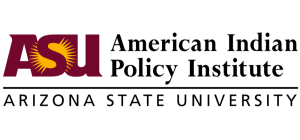
PPDD 2015 Home Call for Participation Hotels, Venue, and Post-Conference Activities Registration Program Sponsors

